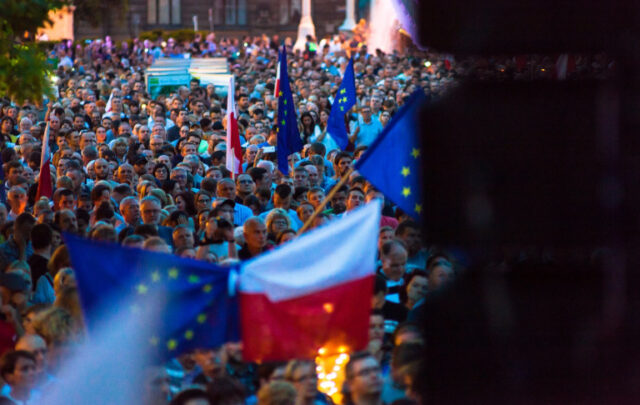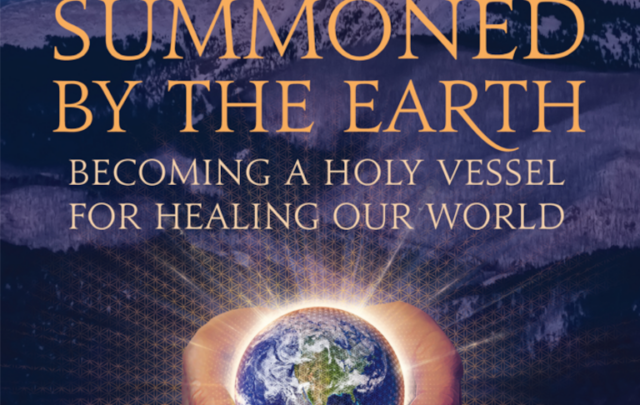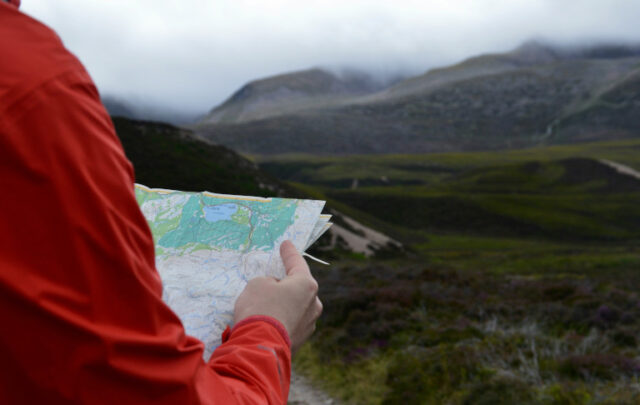World Made by Hand – a Novel
Author: James Howard Kunstler
336 pages
ISBN: 0-87113-978-2
2008, Atlantic Monthly Press
www.worldmadebyhand.com
This book could more precisely, but less poetically, be named “World Made by Kunstler”. Author and Peak Oil commentator James Howard Kunstler has written a novel that brings to life a community and world that Kunstler himself has created. It’s not just any creation, however, because what he has created is informed by his many years of study of our society, its built environment, and the Peak Oil threat.
As a novel it’s entertaining and interesting. As a demonstration of Kunstler’s vision for the post-Peak Oil future, it’s vivid and compelling. Kunstler imagines a time where all systems have broken down because of Peak Oil, climate change, economic collapse, apparent nuclear war—a number of U.S. cities are gone—and, of course, famine and pestilence. In short, it’s a world ravaged by the Four Horsemen and a bunch of their close friends.
Needless to say, things aren’t quite the same after all this. Kunstler’s protagonist, Robert Earle, moved with his wife to her home town of Union Grove in upstate New York after “the bomb went off in Los Angeles”. Robert, a former software marketing executive whose job became rather superfluous, now supports himself as a carpenter, living alone while grieving for his dead wife and daughter, and his long-missing son.
His community is not thriving, but it is surviving. Nearby is another sort of community, run by wealthy and enterprising land-owner Stephen Bullock, who has created his own fiefdom, a plantation where industrious workers labor in the various farm and manufacturing enterprises their “manor lord” has created. It is a totally self-contained community, as sustainable on its own resources as was any such community in early 1800s America. That is, it still depends on trade with the outside for the things it cannot grow or make itself.
Into the town of Union Grove comes a sizable religious sect—the “New Faithers”—led by Brother Jobe, a charismatic and increasingly mysterious leader who purchases the town’s former high school as a center for his flock. That flock is interesting in itself, being decidedly non-pacifist and equally non-puritanical.
Another community just outside of town is led by Wayne Karp, who with his hardcore biker followers has taken over the town’s former refuse dump, and now “mines” it for salvage materials. With these four examples of possible post-Peak Oil communities—small town New England, religious sect, back-to-the-1800s plantation dwellers, and hard-drinking Mad Max ex-bikers—the scene is now set for Kunstler to lead his protagonist Robert through what is in effect a coming-of-(a new)-age novel for both Robert and his town.
Kunstler suggests that all of these types of communities are likely to occur in the not-distant future, although he obviously favors the small town community that by the end of the novel comes together stronger and closer, experiencing a simpler and more meaningful life. It’s democracy with a little “d”, in which people work out problems because it’s too destructive to their community if they don’t. It’s also a restoration of an earlier America.
Union Grove is hardly a utopia, and Kunstler has no illusions that creating—or ending up with—such a community is an easy thing. But as his other writings also show, he does believe that such communities can be brought about in this real world, preferably earlier than later.
Kunstler has spent many years justifiably ranting about the anti-human aspects of our suburbs, the destruction of our cities, and the resulting decline in our civility and way of life. He has emerged as a major, and very vocal, spokesman for the Peak Oil movement; one who calls on us all to repent, mend our ways and forsake our dependence on “Happy Motoring” and the strip mall cul-de-sac suburbs that have resulted.
Now Kunstler has written a novel—I’d call it more a novella, a moving snapshot—of what he envisions may be our future. Despite a couple of bizarre scenes which remain frustratingly undeveloped, and a line or two of dialogue fraught with a meaning that is never revealed (although perhaps other, smarter readers than I will decipher them)—he has created a vivid depiction of what he envisions may be, can be, and should be, our future.
Just as the communities are varied, so are the book’s characters. Kunstler has tempered his usual neo-Gonzo writing style and created interesting characters with depth and complexity who inhabit a world which is described quite lyrically at times. There are no stereotypes here; the “good” guys have flaws, the “bad” guys have their strengths. World Made By Hand is well worth reading. After you read this book, you can decide which, if any, of those communities you’d like to work toward. And if none of them, you may at least see more clearly your own image of the future.
Kunstler has taken a major step by providing us with a detailed vision of a very possible future. It gives us a starting place for a very important, and long avoided, discussion. Give it a read.





